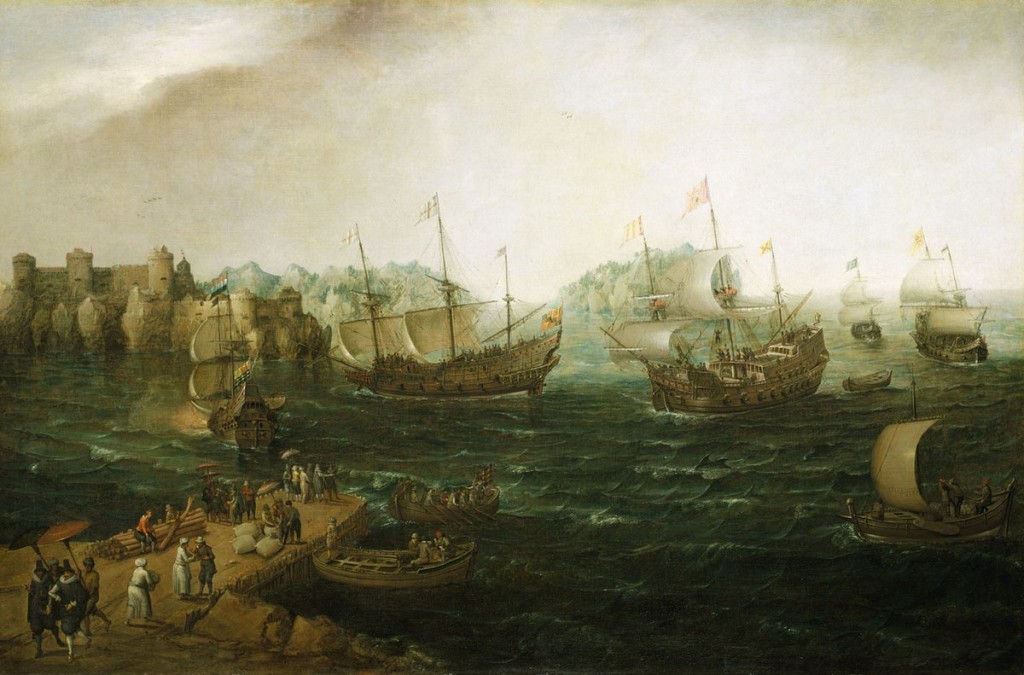Oats in yoghurt would have been healthier, tea would have been more traditional, but by Jove, a full English Breakfast with coffee to boot is the proper way to start the day.
London was the last city abroad I visited before the lockdowns, and now it’s London again that welcomed me back to the glamours of international travel. As I was sitting in my hotel restaurant, pampered by the view of the luxuriously industrious canals of Canary Wharf, my slowly waking mind started to wonder about the great achievements of global trade that made this city so rich.
The global trade Britain mastered greatly influenced our world today. Just think of the literary heroes everyone grew up with as a child. Not because they were compulsory in school but because they are culturally ubiquitous.
Hamlet, Gulliver, Frankenstein, Sherlock Holmes, Peter Pan, Winnie the Pooh, Mary Poppins, or Harry Potter. Most of them featuring upper-middle class characters, the testaments of the prosperity of Britain. All made famous by the global power Britain once was, through trade.
The island nation had a unique foundation upon which such a booming economic environment could be built. Absolute power was more or less checked, at least compared to most European countries. The Magna Carta, the increasing power the Parliament wielded, and the continuous legal traditions of England all contributed to a relatively secure environment that encouraged innovation and ambition.
When explorers ventured further and further, it necessitated more precision equipment, so they could navigate. This for instance led to contributions we do not really think about. The problem with history classes is that they teach battles, such as Trafalgar or Waterloo, which are important nonetheless, but the great innovations are neglected.
Take, for instance, the so-called longitude problem, leading to an award offered by the British monarch to whomever that can invent a precise way to calculate longitude. It would greatly aid ships, give them safer passage to the colonies, and make travel faster. This led to the invention of a chronometer that kept precise time even in the volatile environment of transatlantic travel, and in turn greatly improved British superiority on the seas.
The Greenwich Mean Time was invented as a reference point, and later the concept of time-zones was built on this, which was also a great contributor to international trade.
The invention of the steam engine and the creation of the railway network made travel on land much faster, then the creation of the transatlantic telegraph cable made communication that took weeks before instantaneous.
The history of empires, countries, and humankind is the history of ever expanding trade, which evolved from bartering from neighbors to a global network of fast travel and lightning-speed data exchange.
Sitting there in London, I was looking at the towering dock cranes, which are now the monuments of global trade rather than the industrious machines they once were. As I tuck in to the remnants of the breakfast, which was also a delicious and tangible example of global connectivity and wealth, I wondered what a hundred years hence the monuments will be.



